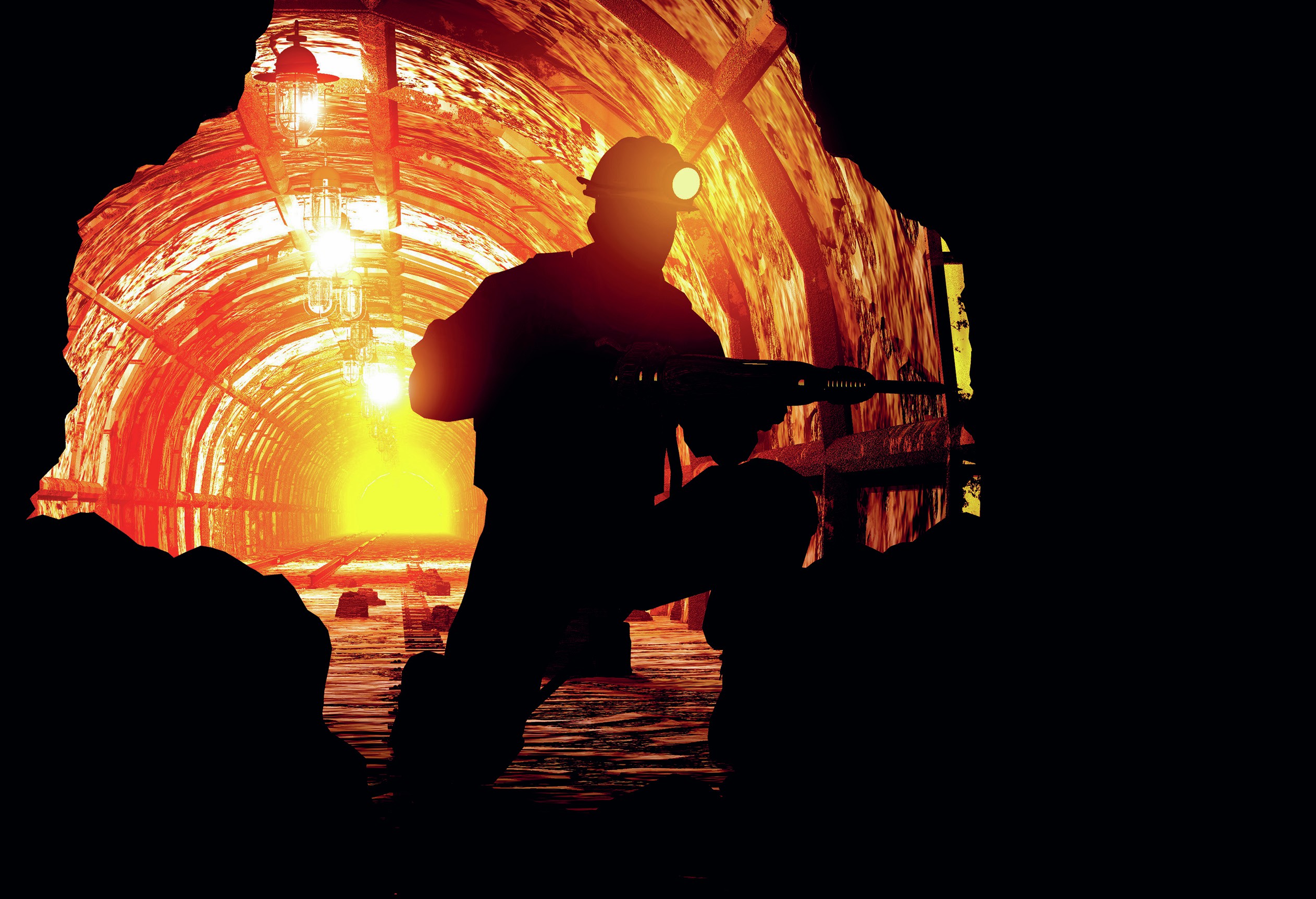
Writing two centuries apart, William Blake (1757–1827) and Tony Harrison (1937–) both represent Britain as rife with inequality and injustice. This article looks at the ways in which the two poets respond to the conditions of their respective times, showing that although British society has changed there is still much to protest against, and that poetry is still seen as a worthwhile form of protest.
In Songs of Innocence (1798), Songs of Experience (1794) and other poems, Blake depicts authorities indifferent to or profiting from the suffering of the poor, while the lower orders are politically disenfranchised and controlled by force and fear. In his sonnets (1978–) and his long poem V. (1985), Harrison depicts the schisms between rich and poor, north and south, the working and upper classes.
Your organisation does not have access to this article.
Sign up today to give your students the edge they need to achieve their best grades with subject expertise
Subscribe




